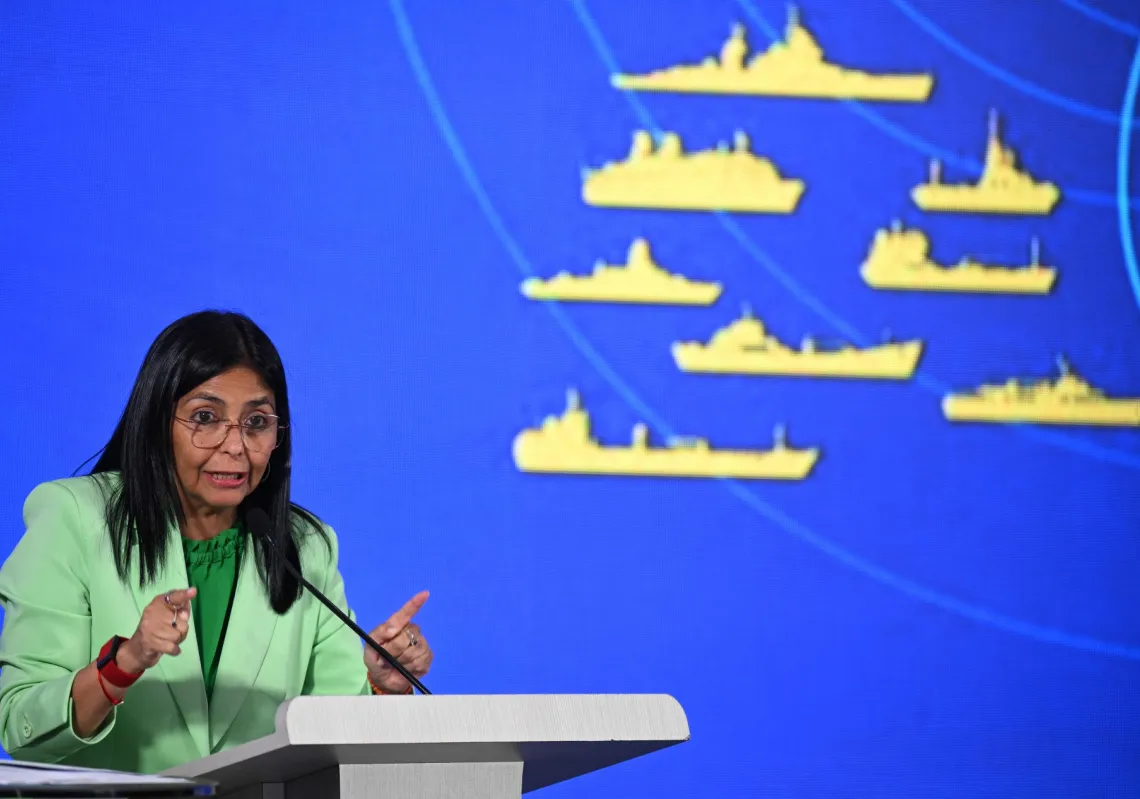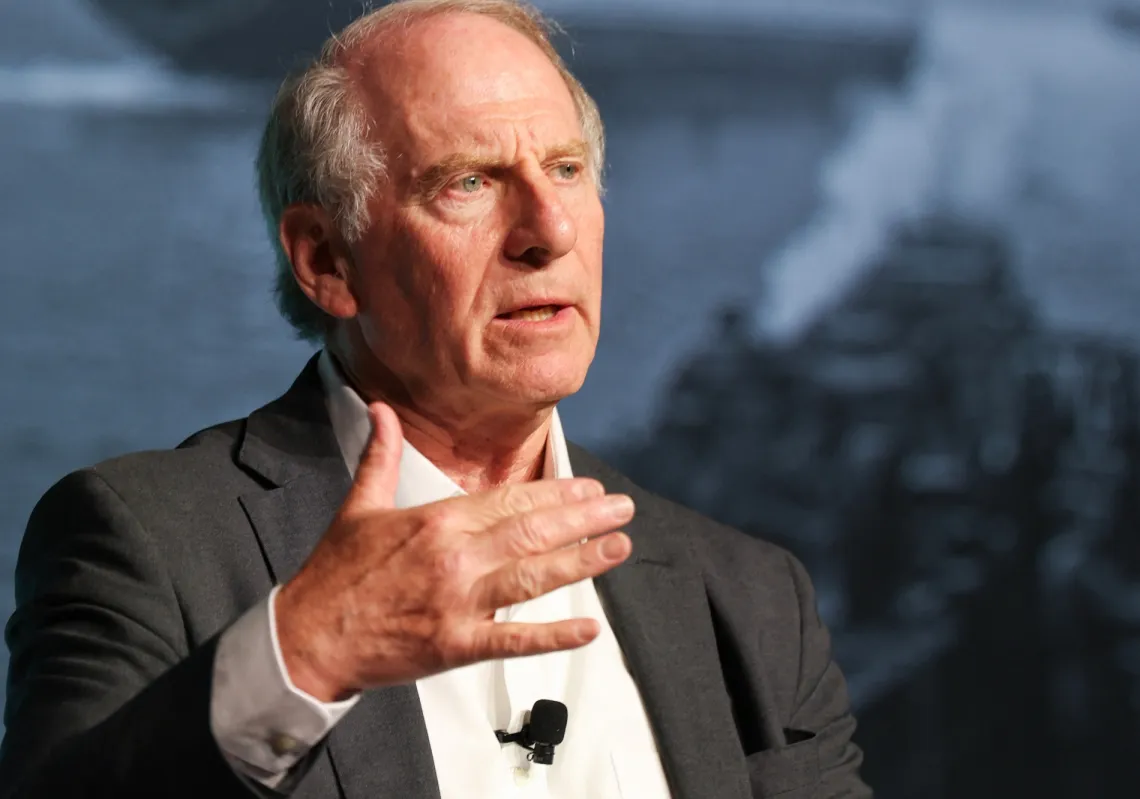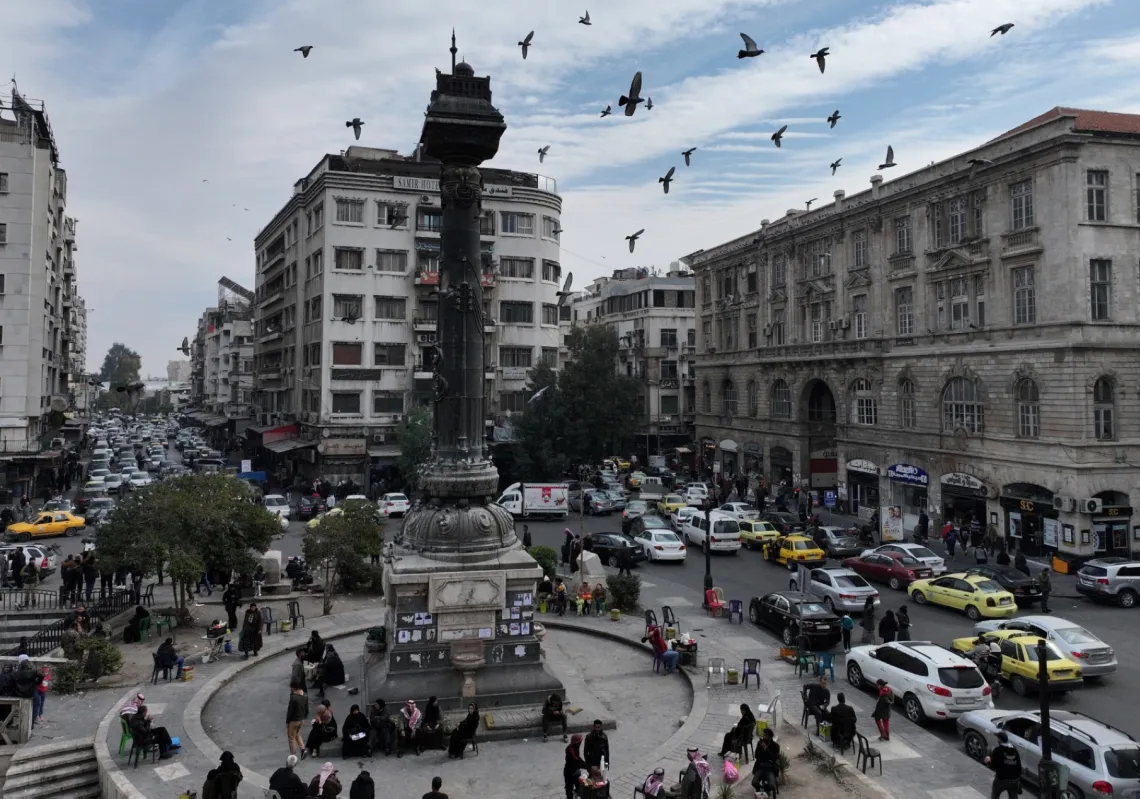Washington is asking Amman of Jordan for a favor. In the interests of helping stem further nuclear proliferation, the American government, including both the White House and the Congress, are requesting that Jordan voluntarily refrain from pursuing sensitive nuclear technologies like manufacturing reactor fuel through uranium enrichment, a technology that can be misused to produce nuclear bombs. No one in Washington thinks that the Jordanians will soon be making atomic bombs in the desert. And of course Jordan has the right to engage in peaceful nuclear activities. The problem is that the world can’t long survive if 100 countries—many more than at present—have the capacity to make nuclear weapons in a matter of months because they want to produce their own nuclear fuel.
The otherwise excellent ties between Jordan and the United States have become strained during their year-long negotiations over a proposed bilateral civil nuclear cooperation agreement. Jordanians are naturally trying to take advantage of the newly discovered uranium on their territory to satisfy its domestic energy demands, while American negotiators are unsurprisingly seeking to curb further nuclear weapons proliferation by limiting the number of countries having uranium fuel-making facilities.
Last year, Jordan had to rely on imports to cover about 96 percent of its growing residential, public and commercial energy requirements. The costs of the foreign oil and other energy products amounted to 13 percent of Jordan’s gross domestic product. Furthermore, the Kingdom suffers from significant water shortages, having one the world’s smallest water reserves per capita.
Fortunately, at least 65,000 tons of uranium ore were discovered recently on Jordanian territory. The Kingdom could certainly benefit from using nuclear power to generate electricity as well as produce fresh water through desalination. Jordanians logically want to convert their uranium into fuel for these reactors. The government aims to have its first 1,000 megawatt nuclear power plant operating 25 kilometers south east of Aqaba in the next few years. By 2030, Jordan plans to use nuclear power to satisfy approximately 30 percent of its domestic energy needs. The Kingdom might also want the option of eventually selling electricity and perhaps nuclear fuel made from its uranium to other countries.
The Obama administration is requesting that Jordan follow the example of the United Arab Emirates, which is also starting a nuclear program. The UAE has agreed to buy its fresh reactor fuel from international sources, and repatriate the spent fuel rods to the foreign suppliers after their use, rather than develop its own uranium enrichment or plutonium reprocessing facilities. Americans want the US-UAE nuclear deal, the first civil nuclear cooperation agreement between the United States and a Middle Eastern country, to serve as a model and precedent for others, setting a high standard for a region where the risk of military conflict is high. US officials fear that Iran and other states of proliferation concern could cite uranium enrichment programs in other Middle Eastern countries to justify their own nuclear development programs, which probably have less peaceful intentions than those of Jordan or the UAE. Section 123 of the US Atomic Energy Act requires the United States to negotiate a framework agreement with a foreign government before American companies can negotiate specific commercial contracts with that country’s firms.
Jordan is negotiating civil nuclear cooperation agreements with several other countries, including China, France and Russia. In May, Jordan’s Atomic Energy Commission short-listed Canada's AECL, Russia's Atomstroyexport, and France’s Areva in partnership with Japan’s Mitsubishi to supply the first reactor. French officials have been especially active, with its Ambassador to Amman using the 14 July Bastille Day celebrations to underscore Paris’ faith in Jordan’s ability to pursue a comprehensive peaceful nuclear energy program.
It is possible that Jordan, which, unlike the UAE, does not need to import oil or natural gas and possesses considerable domestic uranium, could pursue an extensive nuclear program even without an agreement with the United States. French, Japanese, Russian and other foreign firms are eager to sell whatever items Jordanians cannot purchase from the United States. These non-US suppliers seem less concerned about proliferation risks than their American counterparts—at least they are not insisting on Jordan’s abstaining from uranium enrichment activities. Though Amman might be able to force Washington’s hand, it shouldn't—especially since a better solution is at hand.
Instead of spending billions of dollars to create an indigenous nuclear fuel cycle, Jordan should assume a leading role in establishing a multinational nuclear fuel bank for the Middle East. The arrangement would allow countries to have nuclear reactors but not indigenous fuel-making capabilities, which could include perhaps a dozen Arab states, to obtain uranium fuel from an international nuclear service center, perhaps even based in Jordan, rather than develop their own costly, complex and proliferation-risky infrastructure. Jordan could easily sell natural uranium to the repository and receive enriched uranium fuel in return. But Jordanians have also earned a prominent role in the center’s management due to their widely respected and responsible security policies as well as the country’s fortuitous supply of uranium ore.
Richard Weitz – Senior Fellow and Director, Center for Political-Military Analysis at the Hudson Institute, Washington DC.








